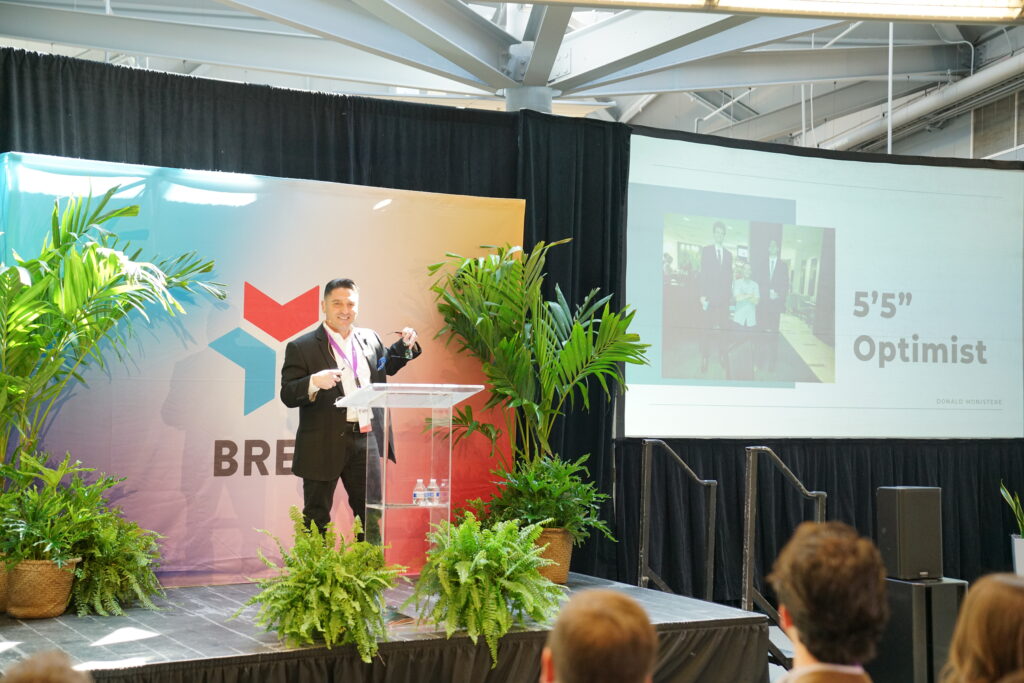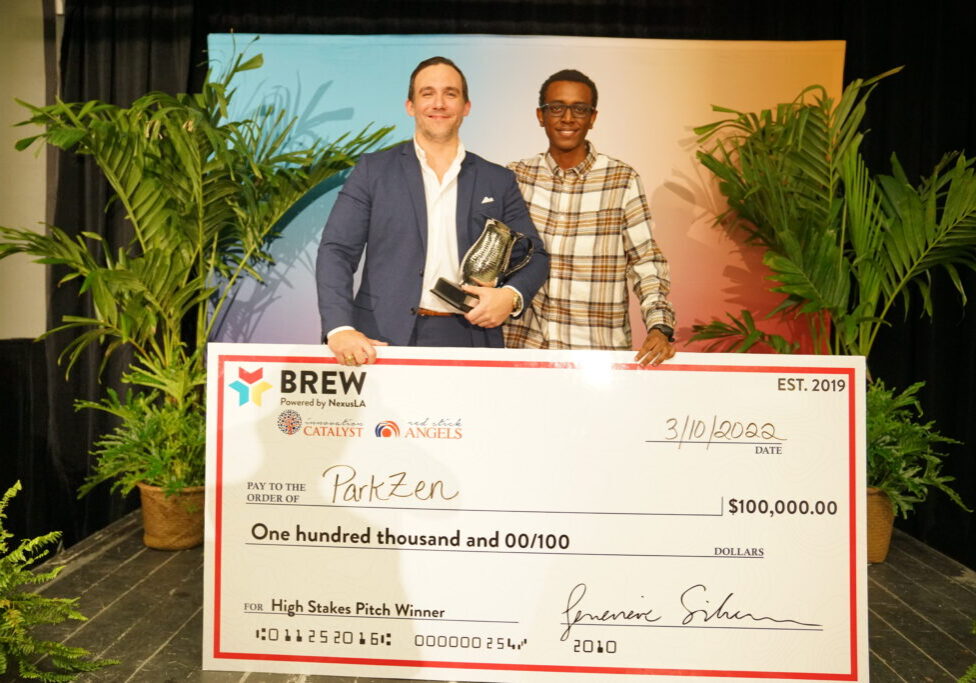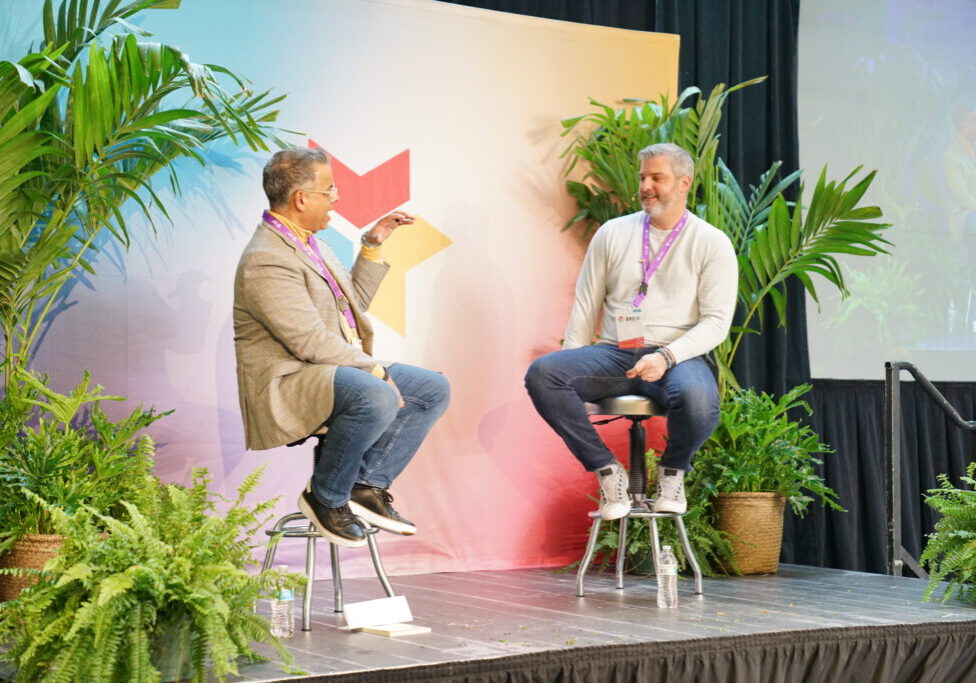What do you do when you wake up in the morning?
Chances are, you reach for your cellphone. Once the screen activates, you are bombarded with an enormous amount of data throughout the day. And most of that data is tailored to appeal to your preconceived notions and specific orthodoxies.
At BREW 11, General Informatics CEO and President Don Monistere challenged attendees to think more critically about the way they evaluate and process information. The results, he says, will have a positive impact on your business and your life.
“There is an enormous amount of data out there and very little knowledge,” he says. “I find people who can think past that orthodoxy are what I call enhanced.”
What Is Intelligence?
Intelligence is the ability to acquire knowledge and skills and apply them to manipulate one’s environment. Intelligence and critical thinking each require acting upon the knowledge you have.
“We all have a lot of knowledge, but it doesn’t turn into intelligence until we act on it,” Monistere says. “Fear is probably the most limiting thing that most people have to deal with in order to get past this concept and get to intelligence.”
For example, Monistere says, he has reviewed many business plans that never came to fruition because the creators never acted on them, whether out of fear or some other roadblock.
“You can have all of the strategic planning in the world, but somebody has to go execute,” he says. “I would challenge any entrepreneur, any CEO. If all you are doing is being strategic within your company, you need to find the time to become more functional and get involved.”
How Do Smart People Think?
Diversity of thought also creates intelligence, Monistere says. That means thinking beyond cliches and “common sense.”
While cliches are created because something is recognized as “true,” many of them no longer apply to today’s world. For example, “the data never lies” is patently untrue.
“Sometimes, as business people, we just follow [cliches] because we think they are [true],” he says. “Because we’ve never taken the time to think, is this really the case?”
Thinking beyond your perspective and observing how other people think about situations can also reveal issues that need your attention, whether in life or business.
For example, Monistere shared that, several years ago, he would sit with people in the field or work at the help desk when he was president of Teklinks, a prominent tech services provider outside of Louisiana. In one instance, he realized that the help desk was using multiple confusing tools that didn’t help the technicians answer customer questions. In some cases, these tools even hindered the work.
The experience brought home to Monistere that a change in context is necessary to solve problems and that decisions made in the boardroom have a genuine impact on employees throughout the company.
“If you are sitting at a table, and everyone at that table looks like you, thinks like you and acts like you, go sit at another table,” he says. “You need to change your context.”



